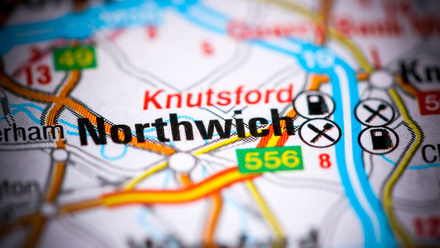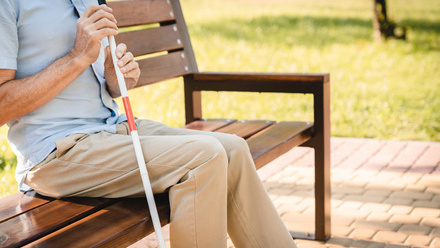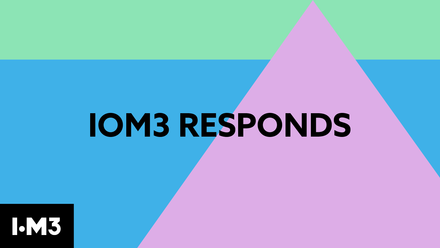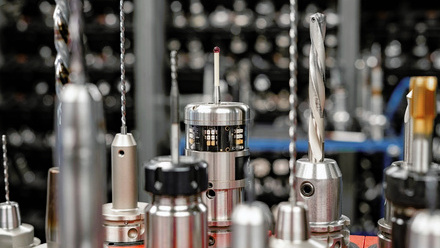Wearable tech and smart phone projects address health inequalities
The South Yorkshire Digital Health Hub, UK, awarded funding to seven projects.

The hub received £500,000 to boost the digital health field. Wearable sensors, as well as smartphone data, together with NHS data will create novel tools.
With a specific focus on coronary artery disease and mobility analysis for replacement surgeries, the projects could ease the strain on the NHS by reducing the need for frequent in-person visits.
Other projects will develop digital solutions for:
- Tracking how people with long-term neurological conditions walk in real-world situations will diagnose these conditions earlier and monitor how they progress.
- Allowing women to share their experiences with hormonal contraception, addressing the lack of real-world data and improving women's health, especially in under-represented and underserved communities.
- Simplifying medical imaging reports to improve patient understanding and reduce clinician workload.
- Using artificial intelligence to better predict how long people with lung cancer will live and how well they will respond to treatment by combining different types of data, such as medical images, tissue samples and patient records. This will help doctors make more accurate decisions and improve patient care.
- Using wearable technology to detect early signs of bleeding in patients taking anti-clotting drugs. This would allow for earlier intervention and prevent serious health complications.
‘We started out the year [2024] by asking patients and the public about what they felt most crucial about digital health; they told us they wanted to have key principles such as trust and transparency while keeping their data private and secure,’ says Professor Steve Haake, Deputy Director at the hub.
'They also wanted us to focus on key conditions such as mental health and long-term conditions such as diabetes, hypertension and dementia.’
The £4mln South Yorkshire Digital Health Hub is part of the Insigneo Institute at the University of Sheffield and the Advanced Wellbeing research Centre at Sheffield Hallam University.
It is funded by UK Research and Innovation and the Engineering and Physical Sciences Research Council. Another round of funding will start mid-2025.







